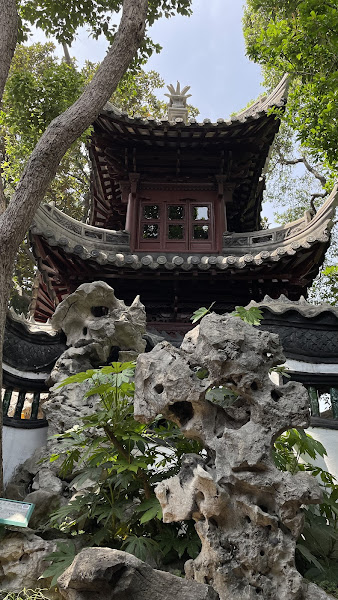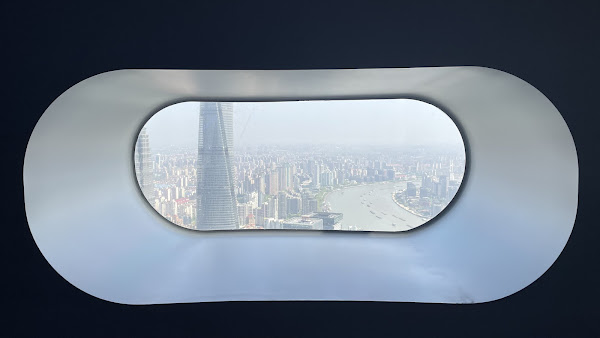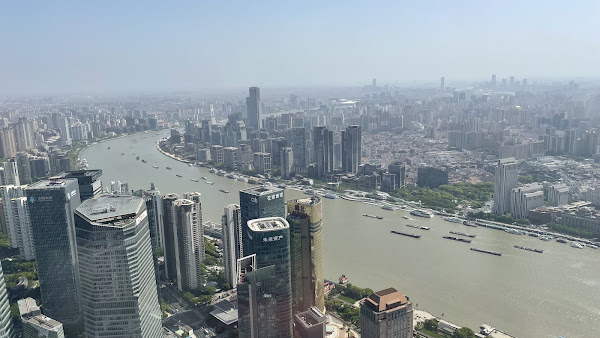Sunday, April 20, 2025
Yuyuan Gardens
Also known as Yu Garden is an impressive garden we explored in Shanghai. It's full with pagodas, study rooms, rock formations, fish ponds, plants and FULL with tourists. Don't let the calm beauty and chilling views confuse you. The photos were taken while constantly managing a bit of a street fight with other tourists for the best spots. The garden is most beautiful though, really. Some rockeries are apparently human designed and made.
Even if it's crowded it's a must-do in Shanghai.
Saturday, April 19, 2025
Zhujiajiao Water Town and Kezhi Garden
Still in municipal territory on Shanghai, but approximately 40 km away from our hotel we visited Zhujiajiao today. The ancient town, built on water is one of the best preserved towns in China. A mixture of Venice and a floating market. The narrow streets were crowded, vendors are selling local specialties: artifacts, food, cloths. The only thing that was distorbing is the "stinky tofu" smell that really really stinks. We tasted it, but it's indeed not nice to eat something soooo stinky even it it tastes OK.
Before:
After:
Both the town and the garden are dated back to the Ming and Quing Dynasties. Some shots on the garden:
Friday, April 18, 2025
The Oriental Pearl Tower
The building is one of the symbols of Shanghai. Built in the early 90's it was the tallest building of China until in 2007 the nearby World Financial Center was completed. The highest deck we were on was 351 meters high. The top floor was dedicated to space exploration. The whole floor resables a spaceship from which you can observe the planet through tiny windows:
The 2nd level is 295 meters high and provides a wide 360 degrees panorama to the city:
Glass floor for the lovers of the genre:
Shanghai Urban Planning Exhibition Center
Today we visited the city's Urban Planning Exhibition Center. The modern building hosts a very well-done exhibition about urban development of the city. AR on top of miniature models, deep dive into sustainable development, transportation, lifestyle and on how very well-planned urban planning can make these possible. I guess it's easy to do long-term planning if the political regime or the ruling party is given and permanent. This is a side-effect. You can never blame the previous government for anything.
Some shots on People's Square from the building:
1933 Old Millfun - Hongkou
After returning to Shanghai and checking in our new hotel we visited a peculiar building complex called 1933. It is a concrete building that served as abattoir. Essentially it's a maze of inter-connected corridors and staircases reaching maximal efficiency as slaugherhouse. The slopes have rough surfaces that prevented cattle to slip.
The building even has Art-Deco motives. All the windows were built facing west, the direction of the Buddhist holy land. This was thought to help aid the cattle's process of reincarnation. On a more practical note, it is also the wind direction in Shanghai and helped to counter the smell of slaughter.
It was retargeted as medicine factory. Today spaces are occupied by offices, co-working spaces, restaurants, cafes and other shops.
Subscribe to:
Comments (Atom)
























































